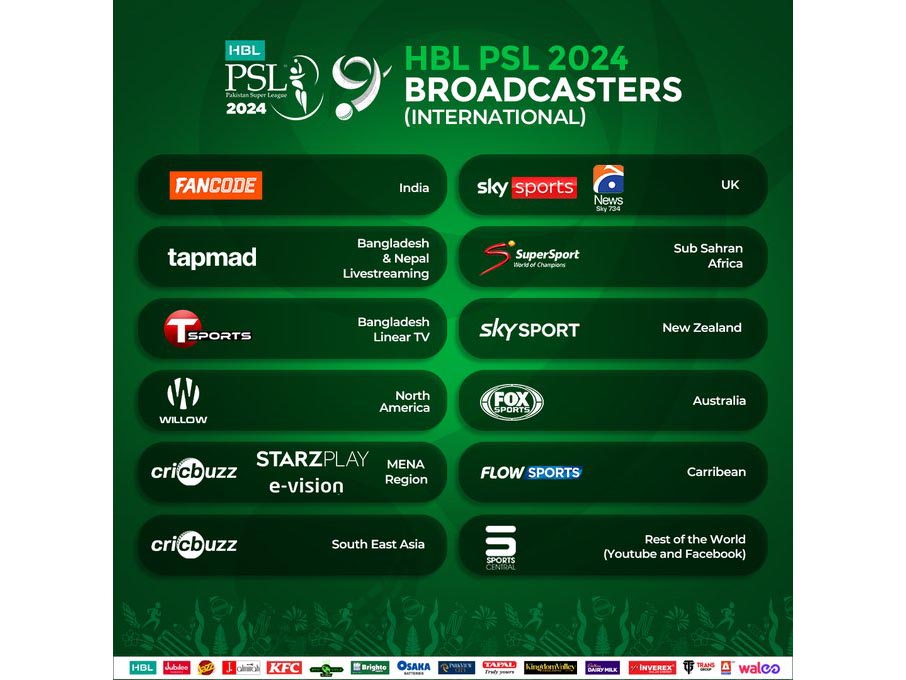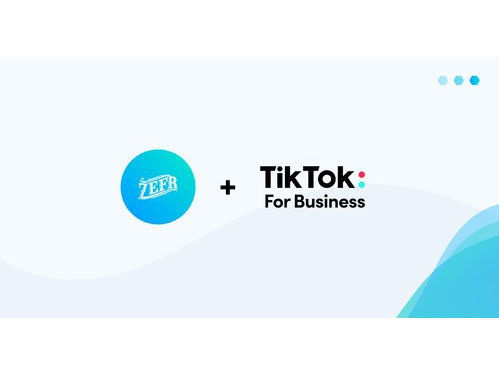Industry Talk
Who audits the auditor?
by Iain Akerman
June 8, 2018

A casual glance at media audits reveals little to suggest concerns are afoot. Yet media auditing has risen up the client agenda and is rustling feathers.
As advertisers increasingly request reassurances that agencies are making the most effective media investments on their behalf, so the prevalence of audits and auditors has risen in the region. With that rise has come concerns over the robustness of benchmarks, the arbitrary lowering of media inventory prices, auditor remuneration, and conflicts of interest.
It’s a sensitive topic and one that will only increase in importance, as procurement departments demand greater checks on how agencies are spending their money.
“Auditing without pools is like navigating with a compass when you could be using a satnav.” --Martin Sambrook, head of international business development and client service at Ebiquity
AUDITS’ KEY COMPONENTS
The key components of such audits are rigorous scrutiny of what was spent, what was delivered, the context of the media market, the context of competitive advertisers, adherence to plans and contractual obligations, and the outcomes (media metrics) achieved. At the heart of all this are media benchmarks, which act as reference points via a pool of comparable data. The size and scope of such pools is of paramount importance.
“Auditing without pools is like navigating with a compass when you could be using a satnav,” says Martin Sambrook, who is in charge of international business development and client service at Ebiquity, a leading independent marketing and media consultancy based in London. “You might be heading in the general direction but you don’t know when you’ve found the destination you should be at.”
“An auditor’s business is data-driven,” adds Philipp Vogeler, founding partner at AJCME, which provides media audits and advisory services to the media industry across the Middle East and North Africa. “Adequate analysis can only take place if the platform on which the analysis is done is robust. In the case of competitive benchmarking, pools are critical. The absence of a robust pool shall generate a weak benchmark. This will not do justice to the task at hand. If we take away the data from that, we shall act as consultants and not as auditors. There is an inherent difference between the two.”
“Auditors need three things: a) absolute impartiality; b) deep subject matter expertise; c) robust data points.”--Mark Gay, head of international media at Ebiquity
AUDITING AND CONSULTING
It is this inherent difference that causes some concern. Auditing and consulting do not sit well together and this bothers many – both agencies and auditors alike. It does so for two reasons.
Firstly, because it highlights potential conflicts of interest. In the US, the Sarbanes-Oxley Act of 2002, which was enacted in reaction to major corporate and accounting scandals, stipulated that an auditor cannot serve as a consultant for the same business. The essential fear is that auditors may not criticise companies they also consult for, and vice versa. In short, they could be compromised.
“Whereas the Sarbanes-Oxley Act only refers to financial auditors (not all the work which media auditors are tasked to do is financial auditing), we see this separation vital and in the interest of our clients and business,” says Vogeler.
Secondly, there is the threat of unfair competitive advantage. As global consultancies such as Accenture and Deloitte (both of which offer auditing services) become more and more involved in the marketing communications field, agencies are concerned that they are being audited by ‘competitors’, thereby giving those competitors access to valuable data and economics. This information could, in theory, be used to beat agencies at their own game, although the big consultancies say they have firewalls in place to separate their businesses. Nevertheless, some agencies are concerned.
“Auditors need three things: a) absolute impartiality (so cannot be involved in the transactional chain at all); b) deep subject matter expertise; and c) robust data points,” says Mark Gay, head of international media at Ebiquity. “Given that general consultants such as Accenture, Deloitte, PwC etc. are all heavily investing in digital agencies they are vested in the transactional chain so they fail on ‘a’. On ‘b’ they could employ media planning and trading experts but there is little evidence they do so on any scale. And ‘c’ requires long term investment in the process, which again is not evidenced.”
Are agencies therefore within their rights to say that an auditor must not be in competition with them?
“Yes,” Gay states simply.
Internationally, Accenture, which is headquartered in Dublin and occasionally operates in the region, has seen its objectivity questioned. Even Ebiquity was criticised by former WPP CEO Sir Martin Sorrell for having one subsidiary, FirmDecisions, audit agencies over their contracts with advertisers, while other parts of the business manage pitches and audit media spend. The situation is further complicated by media consultancies or specialist agencies offering evaluation of client/agency relationships.
“With more than 20 clients, MedPush’s pool is comprehensive enough for us to be able to use the benchmark from that pool.”—Samir Ayoub, founder and CEO of MedPush
In the Middle East, MedPush, the newest entrant into the region’s auditing market, describes itself as a media consultancy, not an auditor. As such, its offering includes media auditing, agency/client evaluation, pitch management and ROI modelling. Samir Ayoub, the company’s founder and CEO, says the company does not compete with agencies on their services offered, nor does it buy media, which may cause conflict. He also states that, with more than 20 clients, its pool is “comprehensive enough for us to be able to use the benchmark from that pool”.
“While at the start there was some, let’s call it, push back from agencies, in the end I would say that in 90 per cent of cases those benchmarks are taken into consideration and implemented for future campaigns,” says Ayoub.
Why are agencies pushing back?
“It’s obvious,” replies Ayoub. “If I was in their shoes I would probably do the same. Today there is a new dynamic in the market. People were used to operating without audits.”
“Good media auditors are typically remunerated on a fixed fee, which is a function of complexity, talent, resource and effort involved.”--Basubrata Kanunjna, media performance consultant at ID Comms
ON REMUNARATION
Then there’s the issue of remuneration. How should those carrying out audits be remunerated, and if they’re being remunerated on costs saved, is this unethical?
“Fixed fee,” states Gay categorically. “Share of savings would negate the impartiality of the service. Some of the best audits show that the agency is performing really well and can be used as a beacon of best practice. Such a report would not realise savings, but should be written if accurate.”
Basubrata Kanunjna, a media performance consultant at ID Comms, a strategic media consulting company headquartered in London, agrees. “Good media auditors are typically remunerated on a fixed fee, which is a function of complexity, talent, resource and effort involved,” he says. “We don’t agree with auditors being remunerated on savings as this risks incentivising the wrong behaviours.”
Is MedPush remunerated based on savings it makes for clients?
“No, no, some people are talking about it in the market but it varies from one client to another,” says Ayoub. “In some cases the remuneration is purely a flat fee based on the scope of work and the time spent on the business. There are areas for improvement or there are no areas for improvement. Remuneration is not only linked to areas for improvement and we are very clear and upfront with the client. It depends on the level of spend from the client, it depends on the activities, it depends on the markets where the client is operating. For some clients it’s linked to the area for improvement, other clients know it’s linked to the scope of work.”
For Gay, an auditor’s charter and best practice guidelines are necessary for the above concerns to be remedied and for global standards to be cemented in the region. Standards such as those set by the World Federation of Advertisers (WFA). Ebiquity is also lobbying for more formalised auditing charters to be established and complied with, and for complete separation from the transactional chain.
Because, after all, who audits the auditor?
“The simple answer is no one,” admits Kanunjna. “But established auditors follow WFA guidelines and are transparent in the evaluation process, so advertisers are in a position to judge the appropriateness of the assessment, analyses and recommendation. Good media auditors take a more holistic views of media value, getting the best value from an advertiser’s media investments and aren’t focused on just driving down media costs.”
At the heart of it all is accountability.
“Auditors do not operate in vacuum, but in a real world,” says Vogeler. “Accountability is a strong proposition, and one which is used by auditors. The responsibility of an auditor is specifically high as their workings may have direct financial implications. As such, auditors bear responsibility for what they do and are accountable.”













